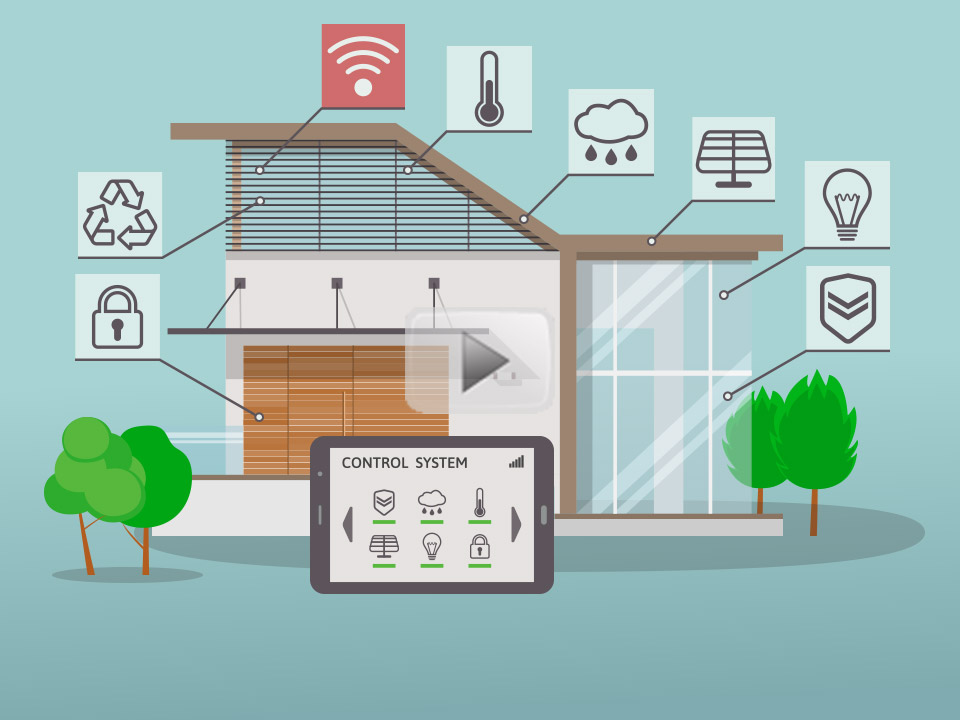The benefits of Artificial Intelligence

- Sep 3, 2024 modified: Sep, 04 2025
The benefits of Artificial Intelligence
The Silver Lining of AI: Unlocking Its Positive Potential
"AI is taking over our world!" - a phrase often met with anxiety and skepticism. The narrative surrounding artificial intelligence tends to focus on the negatives: fears of job loss, privacy concerns, and potential misuse.
But what if we shifted the conversation? Instead of fixating on the downsides, let's explore the immense benefits AI brings to the table. Far from just making people "lazier," AI is revolutionizing industries, enhancing productivity, and solving complex problems that once seemed impossible. It's time to give credit where it's due and recognize AI's positive impact on our world.
AI in Healthcare
1 Technological Advancement in Healthcare
One of AI's most profound impacts is seen in healthcare and medical innovations, particularly in the realm of hearing and speech. A striking example is Google's development of AI technologies capable of "lip reading" and interpreting facial cues to improve communication for those with hearing impairments.
These advancements extend beyond simple speech recognition; they analyze voice pitch, tone, and even the speaker's age to optimize the functionality of hearing aids.
Additionally, AI has been instrumental in evaluating the signal-to-distortion ratio (SDR) across various spoken languages, enhancing the clarity and effectiveness of hearing devices in diverse linguistic contexts.
This fusion of AI with auditory technology is restoring and enhancing the quality of life for countless individuals with hearing challenges.
2 Administrative Efficiency in Healthcare
AI-powered systems can automate various administrative tasks, such as appointment scheduling, patient registration, billing, and claims processing. By leveraging natural language processing (NLP) and machine learning algorithms, AI can efficiently handle routine tasks that typically require significant time and effort from healthcare staff. For example, AI can automatically manage appointment bookings, send reminders to patients, and even reschedule appointments when necessary, reducing the workload on administrative personnel.
By taking over time-consuming administrative tasks, AI allows healthcare professionals to dedicate more time and attention to patient care. Physicians, nurses, and other healthcare workers can spend less time on paperwork and more time on direct patient interactions, diagnosis, and treatment planning.
AI in Education
1 Personalized Learning
AI enables personalized learning experiences by adapting educational content to fit each student's unique needs. Through adaptive learning platforms, AI can assess a student's strengths, weaknesses, learning pace, and preferred learning style.
2 Intelligent Tutoring Systems
AI-powered tutoring systems can provide students with one-on-one assistance like a human tutor. These systems can understand and respond to students' queries in real time, offering explanations, hints, and feedback. Unlike traditional tutoring, AI systems are available 24/7, making them an invaluable resource for students who need help outside regular school hours.
3 Expanding Access to Education
AI is helping to expand access to education, particularly in remote or underserved areas. Online learning platforms powered by AI can offer high-quality education to students who might not have access to traditional schools. These platforms can provide courses in various subjects, from basic literacy to advanced STEM topics, and can be accessed anywhere with an internet connection.
AI in Everyday Life
1 Smart Homes
AI plays a significant role in developing smart homes, where various devices and systems are interconnected and can be controlled through voice commands, mobile apps, or automated routines. Key applications include:
- Smart Thermostats: AI-powered thermostats, like Nest, learn your temperature preferences and daily routines, automatically adjusting the temperature to save energy and ensure comfort.
- Smart Lighting: AI systems can control lighting based on your habits, turning lights on or off when you enter or leave a room and adjusting brightness according to the time of day or activity.
- Home Security: AI-enhanced security systems monitor your home and alert you to unusual activity using facial recognition, motion detection, and behavior analysis. These systems can differentiate between familiar faces and strangers, reducing false alarms.
2 Virtual Assistants
AI-driven virtual assistants, such as Amazon's Alexa, Google Assistant, and Apple's Siri, have become household staples, making everyday tasks more accessible and efficient. These assistants can:
- Voice Control: Perform tasks like setting reminders, sending texts, making calls, and controlling smart home devices through voice commands.
- Information Access: Provide instant answers to questions, from checking the weather to finding recipes or looking up facts online.
- Entertainment Management: Play music, audiobooks, or podcasts, and even recommend content based on your preferences.
3 Financial Management
AI is helping people manage their finances more effectively by providing tools for budgeting, investing, and fraud detection:
- Budgeting and Expense Tracking: AI-driven apps like Mint and YNAB analyze your spending habits, categorize expenses, and offer insights to help you manage your finances and save money.
- Personal Finance Assistants: AI can assist with managing bills, tracking investments, and even advising financial decisions based on your goals and spending patterns.
- Fraud Detection: Banks and credit card companies use AI to monitor transactions for unusual activity, helping to detect and prevent fraud in real-time.
AI's integration into everyday life is not just about convenience; it's about enhancing the quality of life, making daily tasks easier, and providing personalized experiences that were once unimaginable. As AI advances, its role in our daily routines will likely expand, offering even more ways to improve how we live, work, and interact with the world around us.
4 Faster Learning
AI can be used to learn faster because overlooked issues are often supplied. Or it may be that the lack of information indicates an information void on that particular topic. And rather than searching multiple websites for data on a topic you can get a consensus quickly and then target your research more specifically.
Faster Learning by example-:
Regex is a system that can be used in multiple ways for web development. However remembering every example of how it can be used, or having a comprehensive cheat sheat can be time consuming. Using ChatGPT for example can dramatically reduce the time to find the correct sequence of characters. We can say something like "a regex to look for [insert item here] at the beginning of every line".
Ai multiplier effect
| Phrase | Description | Tone |
|---|---|---|
| Tech-Primed AI Advantage | Highlights how prior tech knowledge primes users for superior AI outcomes | Professional |
| Amplified Intelligence | Suggests that AI + human expertise creates a supercharged cognitive effect | Futuristic |
| Skill-Stack Synergy | Emphasizes the compounding effect of layered skills (e.g., coding + AI) | Startup-savvy |
| AI Leverage Effect | Frames it like financial leverage — small input, big output | Analytical |
| Cognitive Compounding | Evokes the idea of exponential returns from layered understanding | Intellectual |
| Augmented Fluency | Suggests that tech fluency enhances AI interaction and results | Elegant |
| Toolchain Multiplier | Speaks to developers — your tech stack becomes more powerful with AI | Technical |
| Prompt-Driven Mastery | Focuses on how knowing the right tools/language unlocks AI’s full potential | Practical |
We asked Copilot to come up with a list of terms to describe this "ai multiplier effect"
This description "augmented intelligence approach, which effectively combines innovative technologies with human expertise" defines it well from an expert SWOT analysis and comparative study for an educational large-scale assessment.
Is it Ai or simply automation?
Automation now often passed off as Ai has been in a programmers toolkit since the first lines of code were written.
ABC Radio National examines The Ai Con with a conversation with Emily M Bender Co-author (with Alex Hanna), The AI Con: How to Fight Big Tech's Hype and Create the Future.
Search News Articles...
Recent Articles

Keywords no longer as visible in GSC
- Jan 12 2026
- /
- 258

Unique Web Systems Matter in a World of Sameness
- Dec 26 2025
- /
- 178

Most AI Websites Fail to Rank
- Nov 18 2025
- /
- 414

Sitemap.xml Best Practices
- Oct 14 2025
- /
- 2056

Fake Reviews on Google My Business
- Oct 07 2025
- /
- 619

Sending Emails from Code
- Sep 17 2025
- /
- 687

US Tariff Shifts Undermining eCommerce
- Sep 05 2025
- /
- 862

Small Business Success Formula
- Aug 23 2025
- /
- 632

Do Strong CTAs Help or Hurt Your Website?
- Jul 31 2025
- /
- 857

AI Crawlers vs Search Crawlers
- Jul 04 2025
- /
- 1152
View All News Articles
Categories
A Gold Coast SEO and Web Developer
